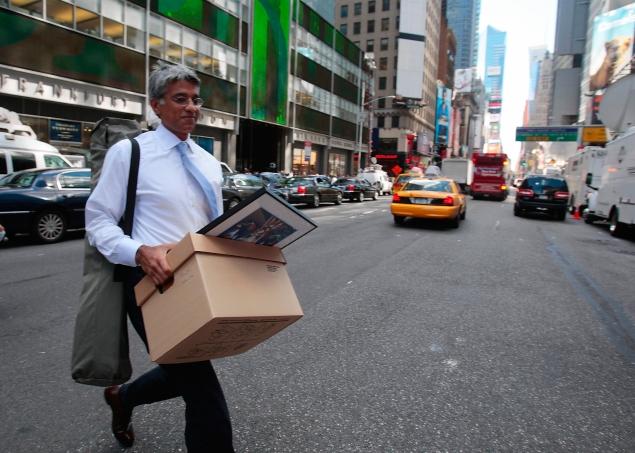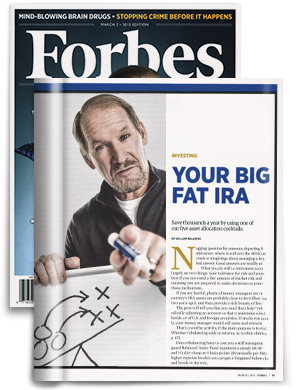Five years after the demise of Lehman Brothers, lessons investors should have learned

Five years ago, what began as the inconceivable collapse of a Wall Street behemoth quickly turned into the nation’s worst financial crisis since the Great Depression.
The meltdown of Lehman Brothers on Sept. 15, 2008 – the day the financial firm filed for bankruptcy protection – would help send the U.S. economy into a tailspin that resulted in double-digit unemployment, the stock market losing half its value, a home foreclosure epidemic and government bailouts to huge corporations.
“All of us in the financial industry knew it was going to be bad,” said certified financial planner Charles Failla, president of Sovereign Financial Group. “But few of us on Sept. 15 predicted what was going to transpire over the next 24 months.”
As we mark the five-year anniversary of Lehman’s demise, here some lessons we should have learned from the financial crunch that followed:
No firm is ever too big to fail. “The Lehman Brothers bankruptcy created a feeling of potential open-ended decline in the economy and the stock market. The money market funds previously considered the safest of investments were no longer sacrosanct. Leading banks could go bankrupt,” said said Lewis Altfest, CEO of Altfest Personal Wealth Management.
Understand your tolerance for risk. The stock markets will tank again. The question is, how will you react the next time it happens? “Don’t get on a roller coaster that you can’t tolerate,” said Mitch Tuchman, CEO of Rebalance, a national investment advisory service. Instead, craft a portfolio that allows you to sleep at night. “How were you feeling in March of 2009 (when the Dow Jones bottomed after months of investor panic)?” Tuchman said. “What did you do? Were you selling like crazy? That tells me you need a more moderate portfolio.”
Have a highly diversified portfolio. During the financial crisis, many investors had an inordinate amount of their portfolios in stocks from banks and financial institutions, Tuchman said. “So when companies like Lehman, Bear Stearns and AIG crashed, these investors permanently lost money which they will never fully recover. “You want global diversification,” he added. “If you have any more than 1% to 2% in any given stock you are not diversified. Diversification means having thousands of stocks and bonds from all over the world.”
Don’t try to time the market. “You’ll never get it right, Tuchman said. “It’s very dangerous. People tend to put money into the stock market when everyone is optimistic. When everyone is pessimistic, they tend to take money out of the stock market. “During the financial crisis, more money came out of equities than ever before – and that is exactly when they should have been investing.”
Invest for the long term. Investors need to remember that all markets, especially the stock market, are unpredictable in the short term, Failla said. “I tell clients that funds needed in the short term, one to three years, should not be allocated to the stock market due to the short-term volatility associated with equities.” March 2009 marked the start of a bull market that saw stocks return 174% so far, versus 25% for bonds. “The good news is that the stock market has more than doubled since the 2009 low,” Failla said. “So those investors who were invested for the long term likely fared well.”






